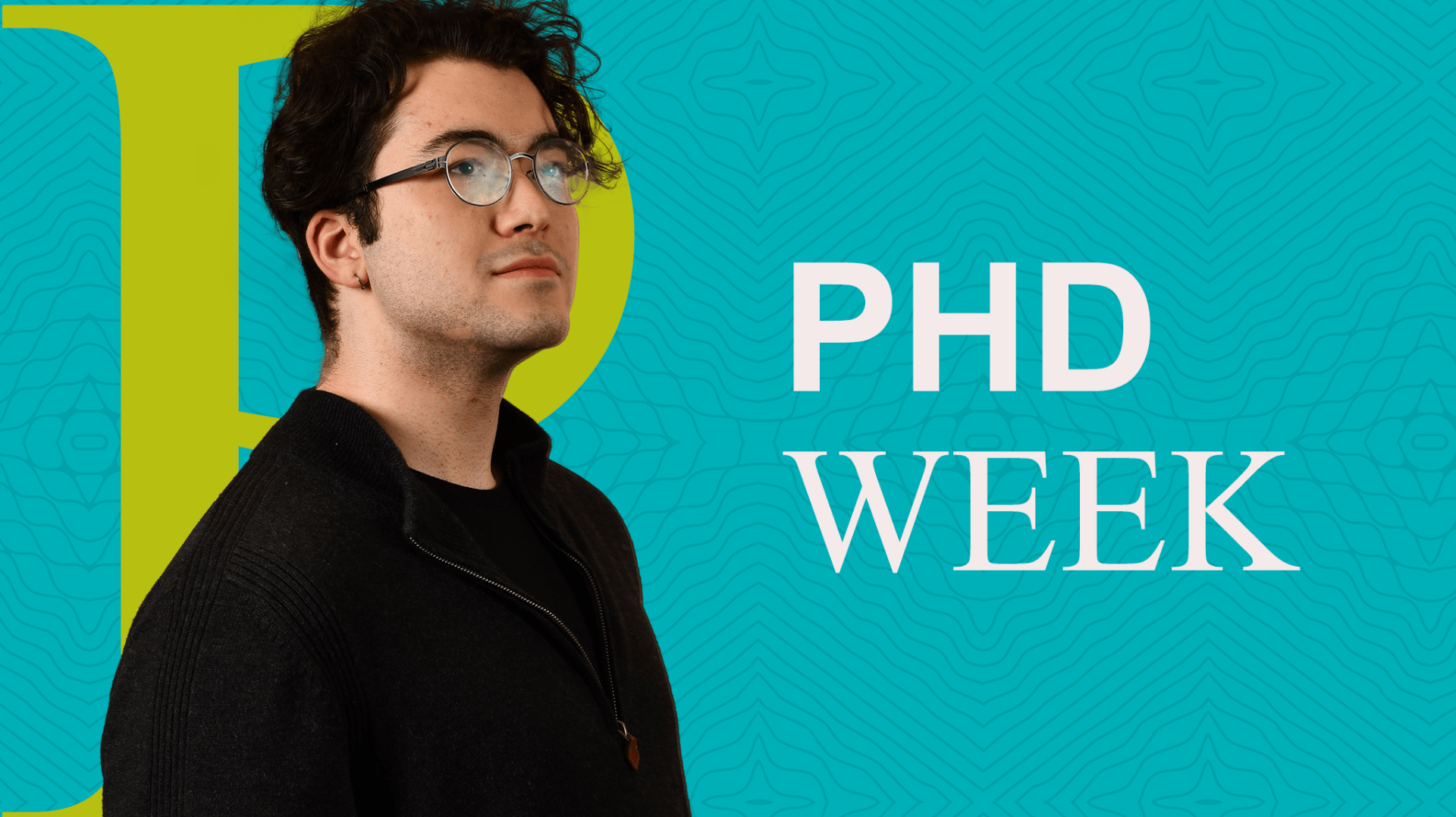On average 40-45% of Cambridge AHSS PhD graduates are in jobs outside of academia 6 months after graduating. Here are our top tips on completing work experience during your AHSS PhD, to boost your career prospects thereafter
Cambridge AHSS PhD graduates go into roles across many sectors – consultancy, arts, communications, politics and policy, think tanks, charities, finance, management consultancy and more. Getting from PhD to the first day in your new job can be straightforward if you’ve done the groundwork along the way.
Why work experience is important for you
Non-academic organisations want to see that you have:
- All of the essential skills for the job
- Understanding of the job, and the experience needed to do the job well
- The motivation to do the job, and do it at their organisation
Work experience gives you the ability to demonstrate that you have the motivation and skills for a job, not just to say that you have. An AHSS PhD gives you many skills that are highly transferrable to a non-academic workplace, but not necessarily all of the skills and experience you need to stand out in a competitive labour market. If you haven’t done any work experience during your PhD, your last relevant experience was 3-4 years ago or longer. Other candidates are likely to have more recent experience and therefore more up-to-date industry knowledge, more relevant contacts and a full skill set for the job. Don’t despair – remember that 40-45% of AHSS PhD graduates are in jobs outside of academia 6 months after graduation.
Our advice
Work experience is essential in terms of keeping your options open, enabling a plan B should your plans for academia change, and helping you work out what career path you want to take.
Many AHSS PhDs develop strong archival qualitative research skills because of the nature of their PhD. If you plan to work in research outside academia you will probably need to develop a wider set of research skills.
Work experience can give you insights to make career decisions, develop skills, enhance your network and, if you do stay in academia, widen horizons about the impact of your research.
Look at job descriptions of the types of roles you are considering and see what level of recent experience and skills they require. Use the Careers Service skills audit resource to recognise your current skill set, and which skills your PhD doesn’t use and therefore which need brushing up or developing.
Then devise a career development strategy, including building time for work experience into your PhD. The Researcher Development Programme has a range of skills development options but these do not replace the need for relevant work experience.
Don’t forget about…
Our PhD Bursary Scheme – the Careers Service offers bursaries to enable career enhancing work experiences in the media, heritage, arts, publishing and not-for-profit. Please note, this is not funding to support fieldwork or research-related activities.
You can also read more about how the Careers Service can support you throughout your time at Cambridge and beyond, via our website

